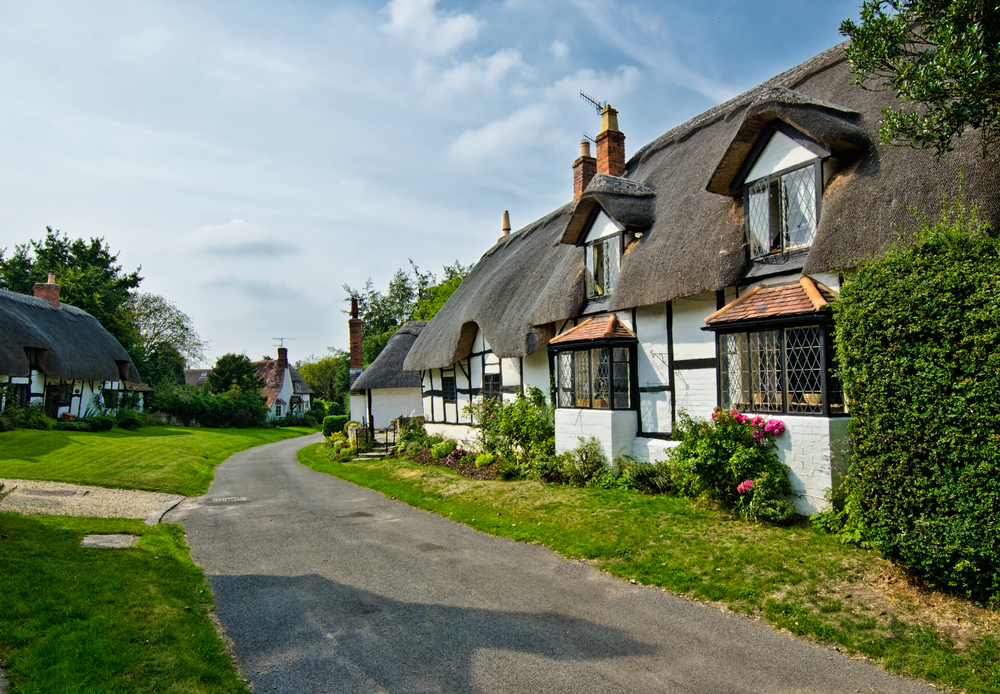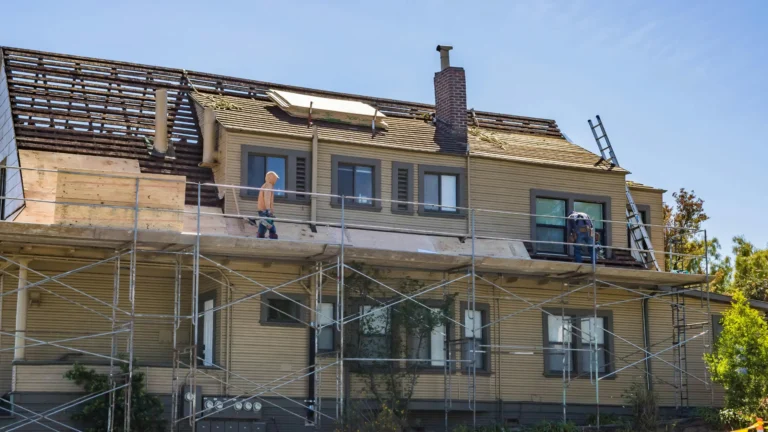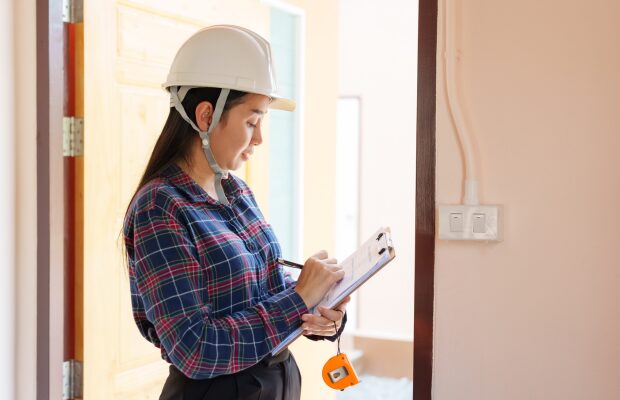When buying a property, it can seem overwhelming how many very important documents are involved.
Chief among these are property deeds. Sometimes known as title deeds or house deeds, these show the chain of ownership for land and property. These are issued at completion to prove ownership.
Before you panic over where yours are, or what happens if you lose them, have a read through our guide to property deeds, which will tell you everything you need to know.
What is a property deed?
Stored by HM Land Registry, property deeds are official records of property and land ownership.
However you acquire a property – whether it’s through purchase, inheritance, as a gift, exchange, or mortgage – you must register it with the Land Registry. The Land Registry will then take a scanned copy of the original title deeds and return them to your solicitor or conveyancer.
What does a house deed look like?
Although house deeds come in a range of formats, they generally share similar information, usually written in a formal, legal style.
Key features include:
-
Property description: Detailed information about the property, including its boundaries, location, and unique features.
-
Owner information: Names of the current and previous property owners.
-
Charges and restrictions: Details about any mortgages, liens, or restrictions affecting the property’s use.
-
Signatures: The deed is typically signed by the current owner(s) and relevant parties, such as a solicitor or conveyancer.
Who holds the deed to my house?
When your home is first registered, the Land Registry will store digital records, returning the originals to the person who submitted them – usually the solicitor who handled your purchase. That said, if the property was already registered, the solicitors may not have them.
If your property has a mortgage, the mortgage lender typically holds the house deeds until the mortgage is fully paid, although you can request copies of the property deeds at any point.
What to do with house deeds when the mortgage is paid off?
When your mortgage has been paid off, you might need to pay your mortgage lender a final fee to cover the administrative costs of returning your house deeds. Afterwards, you have the option to either keep them safe or have your bank or solicitor securely hold them for you.
How do you get the deeds to your house?
Finding the deeds of your house can be challenging, especially if it’s had multiple past owners. If you are trying to locate your original house deeds, your best bet would be to try the solicitor who handled your property purchase or, if applicable, your mortgage lender.
Bear in mind that if your home was already registered at the time of your purchase, the seller may not have provided the original property deeds – after all, there is no obligation for them to do so.
To access a scanned copy of the deeds, begin by searching for your property information and finding your property’s title number on the government’s website. If the register shows that deeds have been filed, you should be able to download a copy of your deeds for a small fee.
Can you change the names on your house deed?
Known as a Transfer of Ownership, adding or removing a name from the property deeds while keeping the other – for instance, in the case of a divorce or separation – will need to be carried out by a qualified solicitor.
Your local Ellis & Co branch will be able to recommend a solicitor to do this for you.
Can you sell a house without the deeds?
Although you can sell a house without the original property deeds, you’ll need to provide an alternative proof of ownership.
Registering a property with the Land Registry has been compulsory since 1990, so if you bought your home after this date, you should be able to access copies of your property deeds via them.
What to do if you lose your property deeds?
Although it is technically possible to apply for replacement property deeds if they have been lost or destroyed, it’s a complicated process with no guarantee of success.
If your property deeds were lost by your mortgage provider or conveyancer, you cannot be held responsible so replacements may be issued. Likewise, if they were in your possession but were either stolen or destroyed through fire or flood, the HM Land Treasury will consider your application to replace them.
To request a replacement copy, you’ll need to contact the HM Land Treasury and specify the exact details of how your title deeds were lost. They may then ask a surveyor from Ordnance Survey to inspect the land before issuing a replacement, which you’ll need to pay for.
For advice on what else to expect when you buy a property, get in touch with your local branch.
Further reading
Your guide to Exchange and Completion
Should you get a long-term mortgage?
Moving on: advice on selling due to divorce








